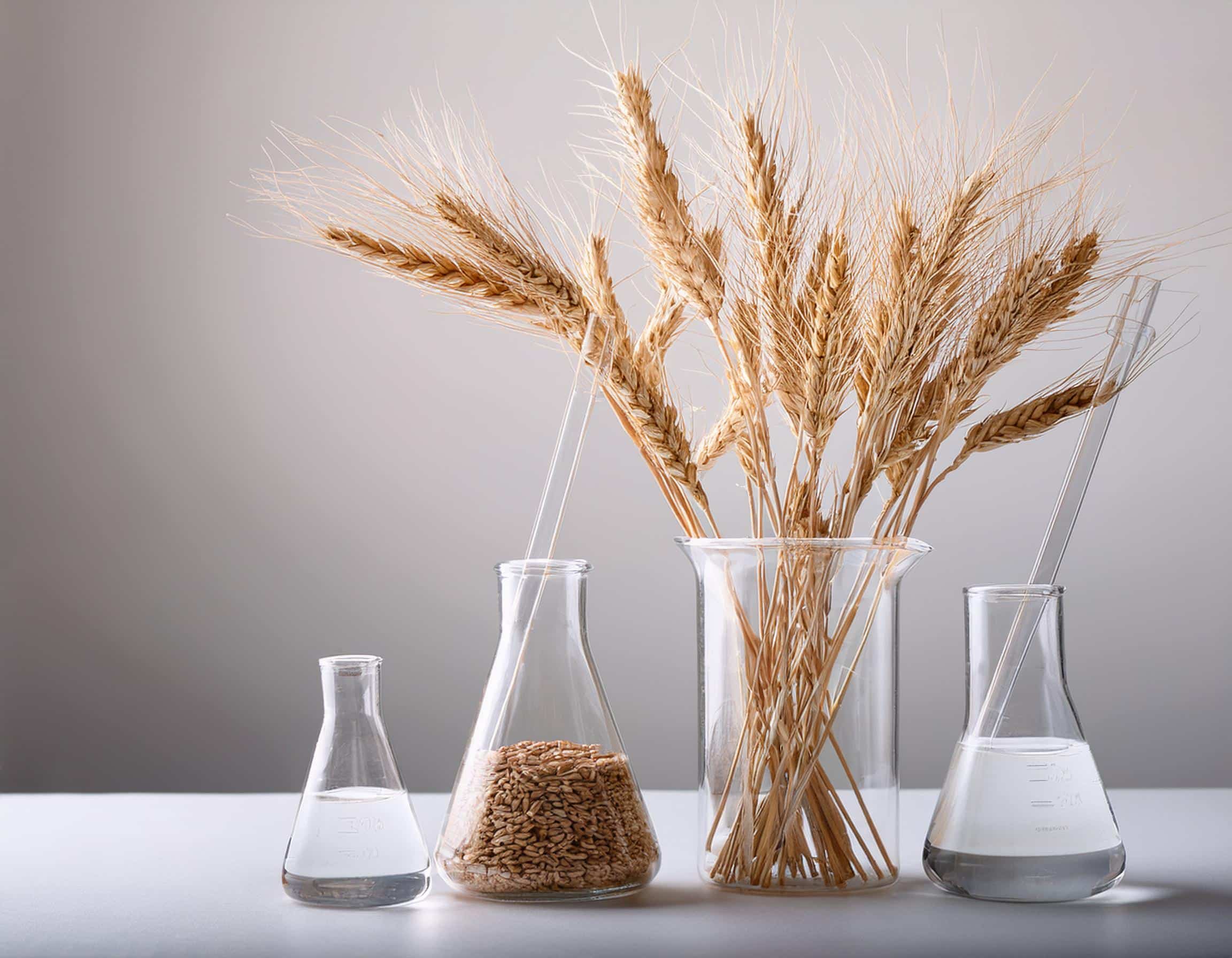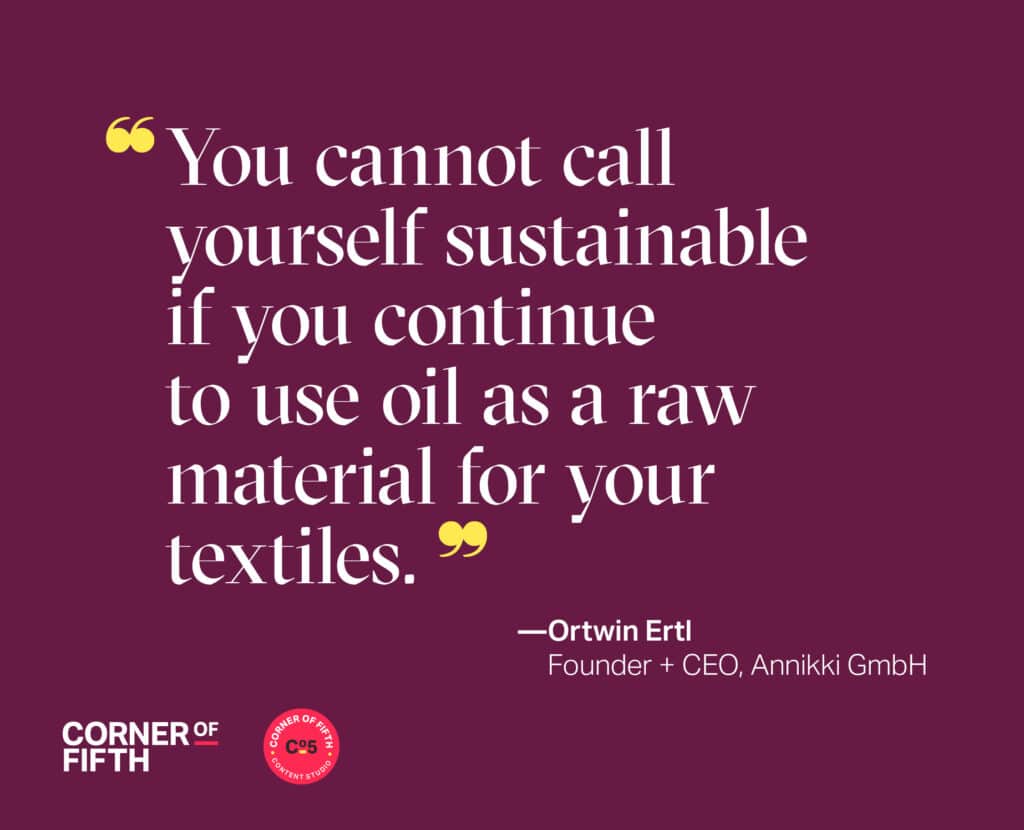
Annikki GmbH, the leader in cell-free redox bio-catalysis, is developing game-changing technologies and innovative approaches to solving complex environmental problems in a variety of industry sectors. Annikki is currently working on technology to make bio-based glycolic acid, which is widely used in skin care products.
Here, Ortwin Ertl, founder and CEO, shares insights into the sustainability challenges facing the fashion apparel and beauty markets.
Corner of Fifth: What was the impetus behind founding your company?
I was in the pharma space where I commercialized the first cell-free processes to make pharmaceuticals (which included the core part of the Atorvastatin-molecule, better known under the brand name of Lipitor). I had the idea of extending the technology to be applicable to bio-based chemicals. It needed to be improved significantly and developed further to cover oxidation reactions, which we did not have access to initially.
There was also the question of getting the performance of the enzymes high enough to be able to make chemicals at the low cost needed for large-scale products such as cosmetics or fibers. In the end, however, the urgency to come up with a solution to stop emitting enormous amounts of greenhouse gases in the chemical industry that was cost-efficient enough to do away with the classical petroleum-based processes made me move ahead on this.

Market Pressure will force brand leaders to pivot to bio-based materials
Co5: From a sustainability/circularity perspective, what do you see as the challenges facing fashion apparel brands, textile companies and beauty brands using traditional petro-based materials?
You cannot call yourself sustainable if you continue to use oil as a raw material for your textiles. The recycling rates are very low, even for the most-recycled plastic in Germany with its mandatory redemption system for bottles, the recycling rate for PET bottles is below 30%. That means 70% of the bottles are only used once and a steady stream of oil is needed for new bottles. The same is true of textiles. The fossil carbon that was dug out of the ground eventually ends up where it does not belong, which is in the atmosphere.
Pressure will increase dramatically for all companies to switch once the leaders have pivoted to new, bio-based materials. One also should not forget that what is purchased in the future is decided by the generation of today’s 15- to 25-year-olds, who are going to be affected by the perils of climate change more than the average person, who is older.
Co5: How would you describe your company’s value proposition and innovations to apparel and textile companies as well as consumers?
Well, for consumers it is that there are now textile, beauty and apparel products available which you can buy without putting the livelihood of your children and grandchildren at risk by causing greenhouse gas emissions. If you buy these products instead of petrochemical products, you are contributing to a vast reduction in greenhouse gases emitted by the petrochemical industry today.
To the leading and innovating companies who take this path, it means that they are facilitating the transition, they are the ones pushing the doors open to change. This will benefit them not only in reputation but also financially, as the first movers will get the recognition of the customers.
Also, being ethical does not stop at a certain issue: As a customer, I also do care whether the product I am wearing is made using dyes which are toxic or dyes which are safe to use. There are a lot of customers who recognize and value products that are made with the impact on consumer health and the environment in mind.

